Sump Pump Installation in Glen Cove, NY
Your Basement Stays Dry When Storms Hit
Professional sump pump installation that actually works when you need it most.
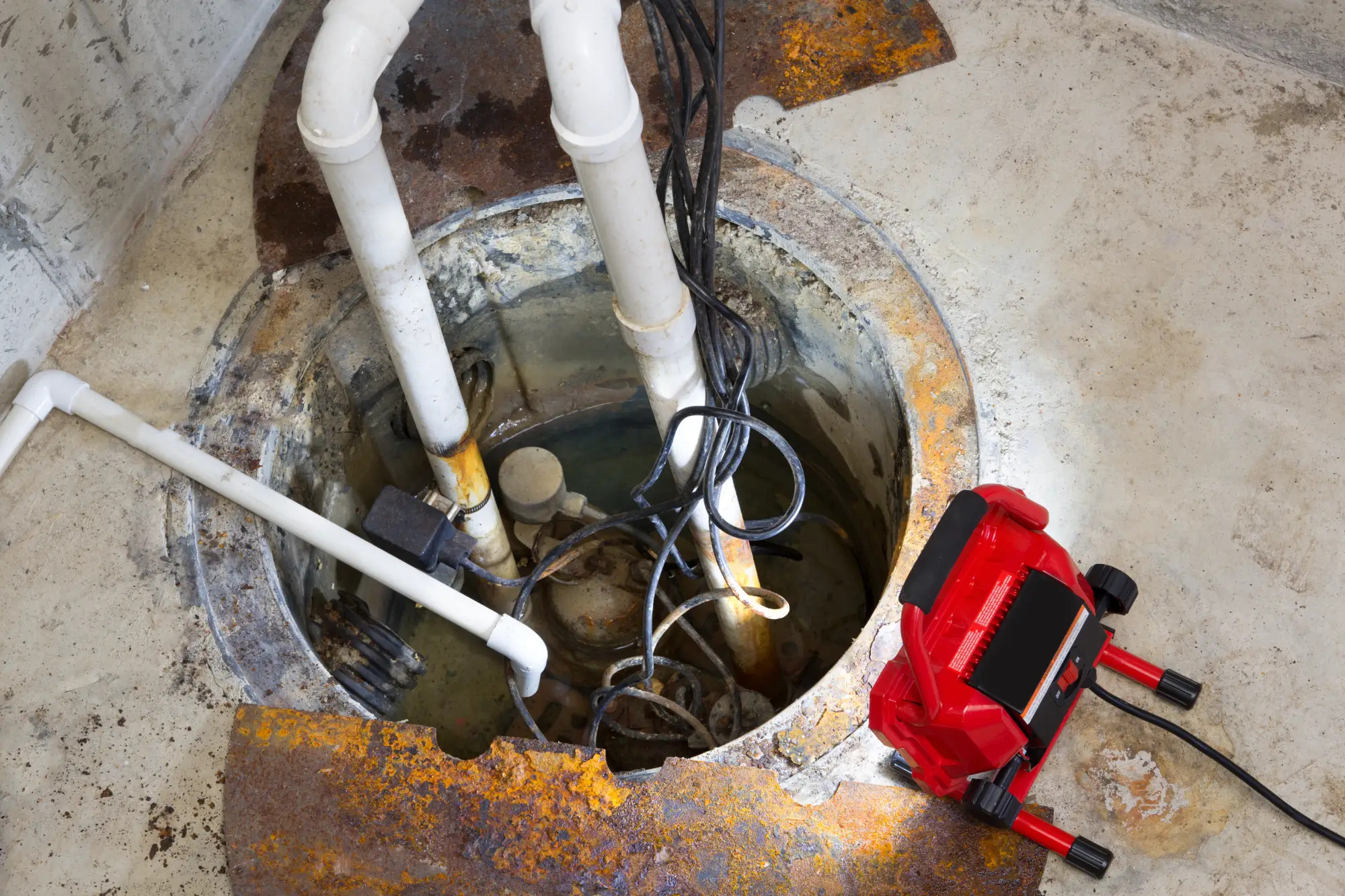
Hear About Us
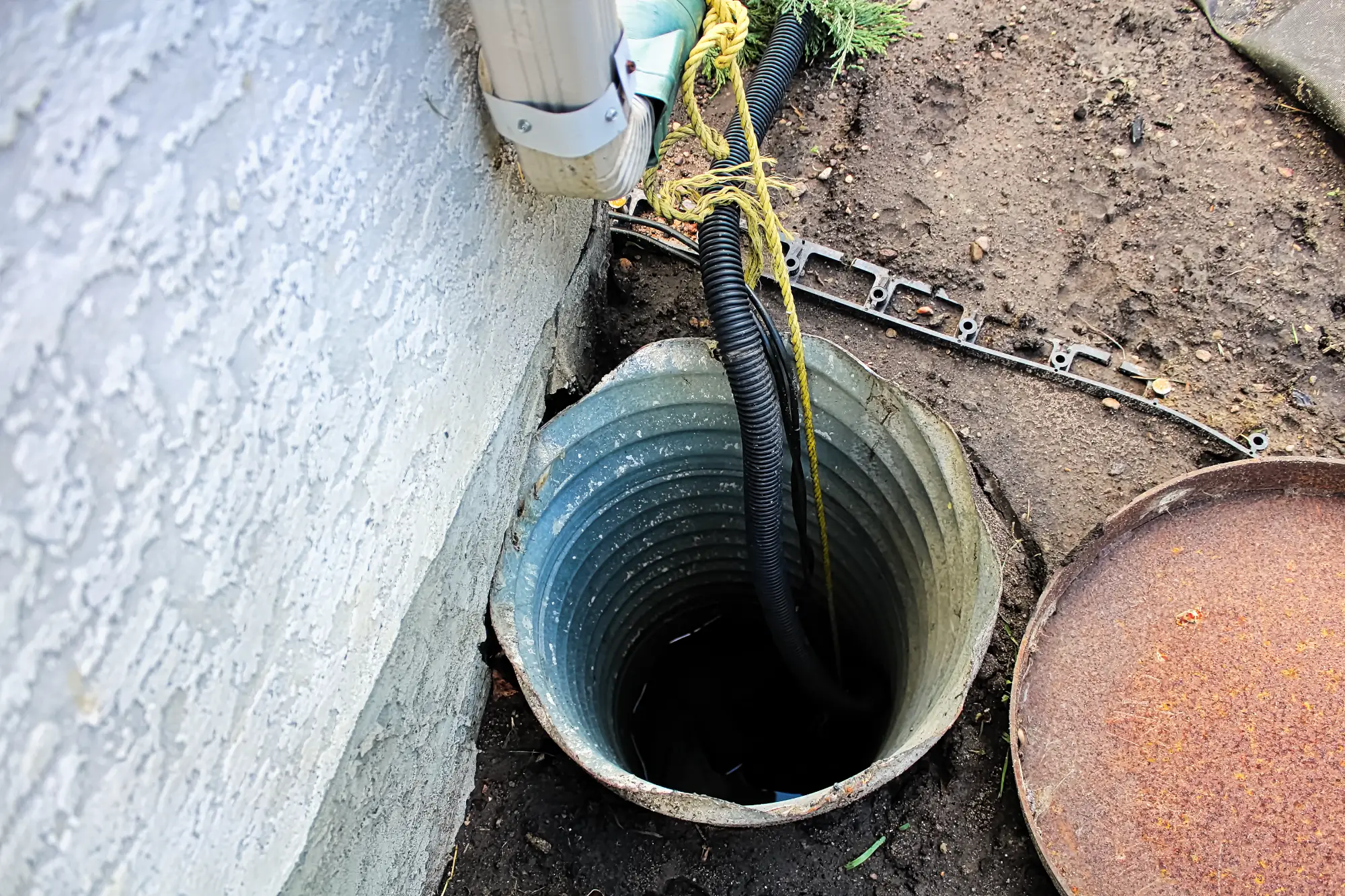
Reliable Basement Sump Pump Systems
You know that sinking feeling when heavy rain starts and you’re wondering if your basement will flood again. A properly installed basement sump pump system eliminates that anxiety completely.
When we install your sump pump, you get a system designed specifically for your basement’s conditions and Glen Cove’s unique water table challenges. Your belongings stay dry, your finished basement remains usable, and your property value stays protected.
The difference isn’t just the pump itself – it’s the complete basement protection approach. You’ll have a reliable system that kicks in automatically, handles the heaviest storms Long Island throws at it, and gives you genuine peace of mind every time the weather turns nasty.
Glen Cove Sump Pump Installers
Diamond Masonry & Waterproofing LLC has been solving basement water problems for Glen Cove homeowners who need solutions that actually work. We’re not just sump pump installers – we’re basement waterproofing specialists who understand how water moves through your foundation.
Our team knows Nassau County’s soil conditions, water table issues, and the specific challenges Long Island homeowners face during nor’easters and heavy summer storms. When you call us, you’re getting contractors who’ve seen every type of basement water problem and know exactly how to fix it right the first time.
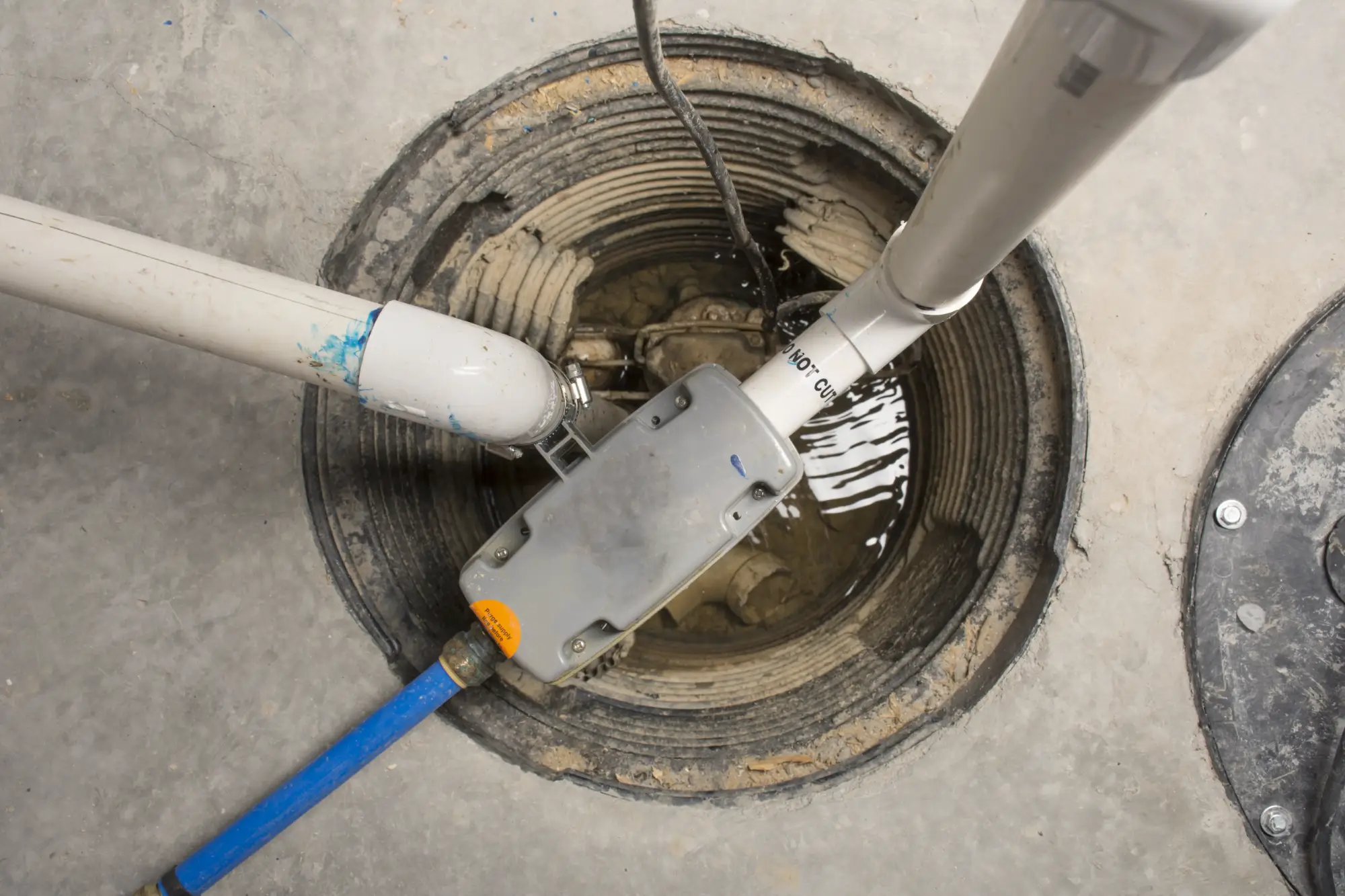
Sump Pump Installation Process
First, we assess your basement’s specific conditions – water entry points, floor slope, and existing drainage. This isn’t a cookie-cutter approach because every Glen Cove basement is different.
Next, we dig the sump pit in the optimal location, usually the lowest point where water naturally collects. The pit gets lined properly, and we install the pump with the right horsepower for your basement’s size and typical water volume.
We connect the discharge line to carry water away from your foundation – not just outside, but far enough away that it won’t seep back toward your basement. Finally, we test everything thoroughly and show you how the system works, including the backup features that keep you protected even during power outages.
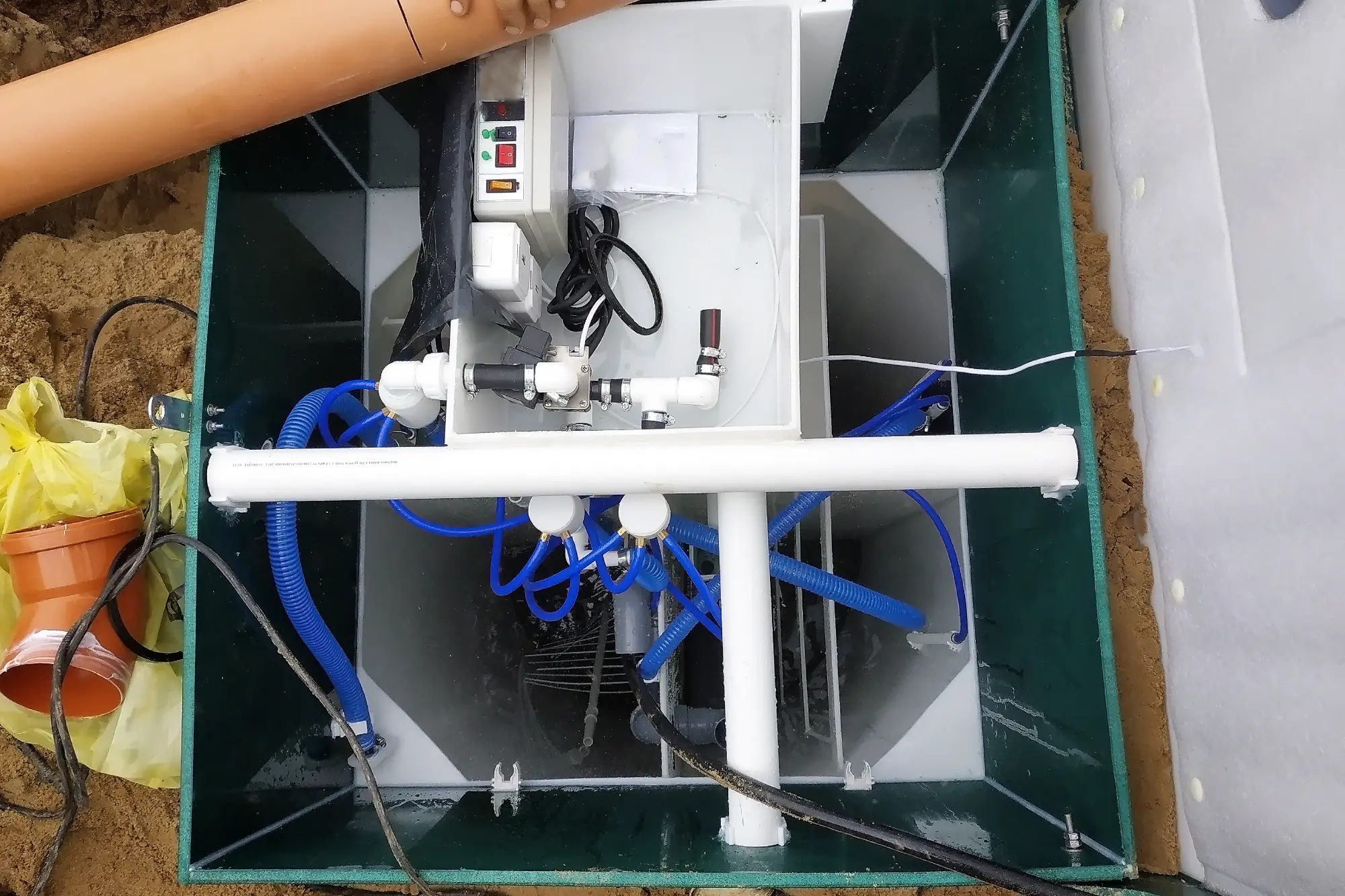
Ready to get started?
Explore More Services
About Diamond Masonry & Waterproofing
Get a Free Consultation
Custom Sump Pump Solutions
Your sump pump installation includes everything needed for reliable basement protection. We provide the properly sized pump, professional pit excavation and lining, discharge piping that directs water well away from your foundation, and electrical connections that meet local codes.
You also get our assessment of your basement’s overall water management needs. Many Glen Cove homes benefit from additional drainage improvements or minor waterproofing work that we can handle at the same time. We’re not trying to oversell – we’re making sure your investment actually solves the problem.
The installation includes testing under simulated conditions, so you know the system works before we leave. You’ll understand exactly how to maintain your new sump pump and what to watch for to keep it running reliably for years.
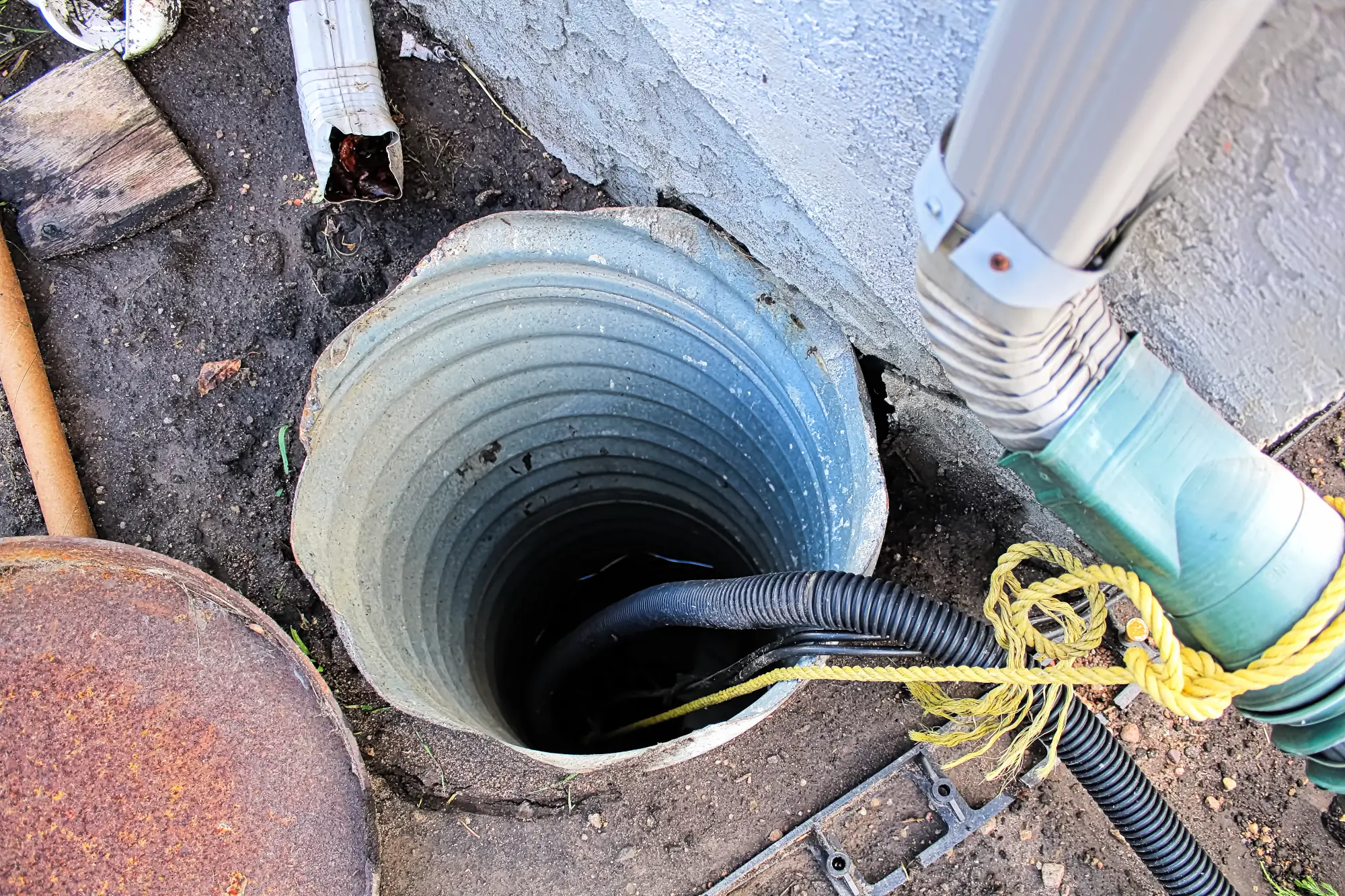
How do I know what size sump pump I need for my basement?
What happens if the power goes out during a storm?
How often does a sump pump need to be replaced?
Can I install a sump pump myself or do I need a professional?
Where does the water go when the sump pump runs?
How much does professional sump pump installation cost in Glen Cove?
Local Resources
- Google Map Link
- Find the Glen Cove, NY USPS
- Locate Nearby Glen Cove, NY Pharmacies
- View the Current Weather in Glen Cove, NY
- Glen Cove, NY is located in Nassau county in New York State